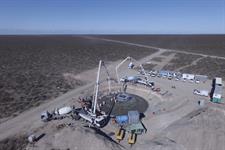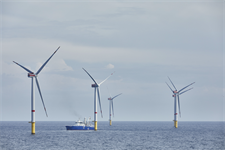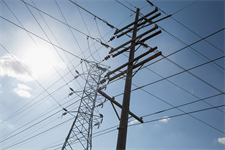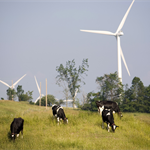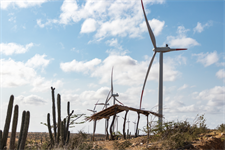Invenergy to contest Illinois ruling against Grain Belt Express transmission line
Energy Disrupter
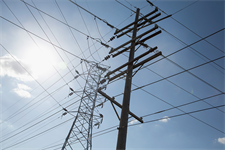
Earlier this month, an Illinois state appeals court reversed the Illinois Commerce Commission’s (ICC) 2023 approval of the 333km Illinois portion of the multi-state project. Concerned Citizens & Property Owners, the Illinois Agricultural Association and other groups had objected to the approval.
Invenergy Transmission, a subsidiary of private power developer Invenergy, said it would appeal to the state supreme court.
The $7 billion, 800-mile (1,287km) electricity transmission infrastructure project will transport wind energy from Kansas across Missouri and Illinois to connect to the Indiana power grid.
The 853km first phase of the transmission line connects Kansas and Missouri is not affected by the ruling. Grain Belt Express says it intends to begin construction next year, to start operations in 2029.
Phase 2 would deliver an additional 2.5GW to the PJM Interconnection (PJM) grid region, running across Illinois to Indiana.
Judge questions project financing
“Ultimately, there was not substantial evidence put forth to support the commission’s finding that [Grain Belt Express LLC] is capable of financing the project,” said the judges. “The evidence put forward demonstrated that [it] lacked the funding at the time of the hearing, had no customers, contracts, government or bank commitments, and as a result failed to meet the [Illinois law] criteria with anything more than speculation.”
The judges noted that Invenergy Transmission has said it would finance the line on a project finance basis with investors and lenders, financing approximately 65-80% of the project through debt, with the debt being funded largely through the Department of Energy grants or commercial banks – a plan the judges called “highly speculative”. Financing was not in place at the time of the commission’s approval, they said.
Dia Kuykendall, director of public affairs at Invenergy Transmission, retorted: “This ruling completely misinterprets law and threatens billions in energy cost savings for Grain Belt Express consumers. The erroneous ruling has far-reaching implications beyond Grain Belt Express and contradicts Illinois’ efforts to secure a reliable and affordable clean energy future.”
A project representative added: “The project’s plan for financing Phase 2 of the Grain Belt Express is consistent with the requirements under Illinois law and the ICC’s precedent for similar projects which was outlined in its application and the ICC’s order granting the project … approval.”
Sean Stott, with the Labourer’s International Union, said: “The court’s decision here is clearly a political, not a legal one. If upheld, this ruling will slow down needed infrastructure investment while inviting frivolous litigation for all sorts of future vital infrastructure projects critical to our economy and clean energy goals. We hope the court will stand up for the thousands of labour jobs created by this project.”
